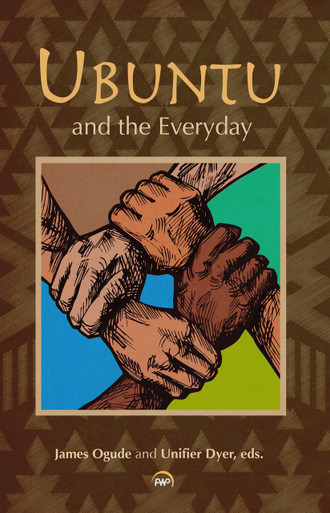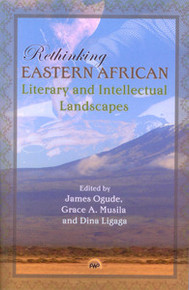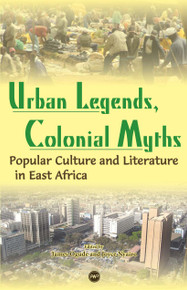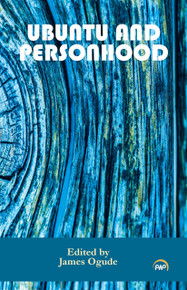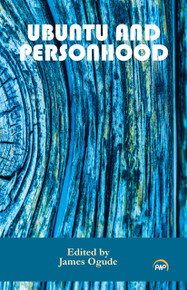Categories
Categories
Authors
Authors
- Home
- Philosophy
- UBUNTU AND THE EVERYDAY, Edited by James Ogude and Unifier Dyer ( HARDCOVER)
UBUNTU AND THE EVERYDAY, Edited by James Ogude and Unifier Dyer ( HARDCOVER)
Product Description
The collection of essays in this volume seek to understand the concept of Ubuntu within the context of the everyday practices in society. The Ubuntu concept was popularised during South Africa’s Truth and Reconciliation Commission (TRC) by its chair, the Archbishop Desmond Tutu. Drawing on the Nguni proverb, Umuntu ngumuntu ngabantu (a person is a person through other people), Tutu used it to illustrate our interconnectedness, interdependence and co-agency in the making of relational ideas of personhood that Ubuntu entails.
Essays in this book argue that to fully understand Ubuntu and its manifestation in contemporary society we need to locate it in the politics and poetics of the everyday since the everyday represents an indispensable starting point for the reconstruction of meaning. The essays argue that if the politics compel us to immerse Ubuntu in the everyday power relations, the poetics of it calls for a search for a new grammar of speaking that allows us to situate Ubuntu in our daily entanglements and in those rituals that govern our daily encounters.
Most of the essays in the volume also speak to how the spectre of authoritarian control and economic deprivation in the postcolonial context, continue to undermine the core values of Ubuntu. In spite of all these threats to its realisation, the volume asserts that Ubuntu continues to exist in the everyday relational encounters between people and therefore offering the possibilities for universal ethical and moral values for humanity and humaneness.
*****************************************
The essays are an incisive meditation on the articulation between Ubuntu (as a moral and social potentiality and force) and the everyday (as encapsulated in its various personal and social sites, practices and actors). They profoundly extend the scholarship on Ubuntu in a number of ways. The standard concerns regarding Ubuntu and ontology, ethics, culture, justice and philosophy are productively expanded and rethought by bringing them into critical dialogue with other pertinent contemporary challenges such as the formation of individual subjectivities and human sociality amidst precarity, alienation, inequality and migrancy, amongst others. Then there is the deftness with which Ubuntu and the everyday are treated with due cognisance of their conceptual and lived distinctiveness while elucidating the subtle and deep ways in which both are constitutive of each other”.
--Professor Bhekizizwe Peterson, University of the Witwatersrand, South Africa. Author of Monarchs, Missionaries and African Intellectuals: African Theatre and the Unmaking of Colonial Modernity.
ABOUT THE EDITORS
JAMES OGUDE, Professor, is a Senior Research Fellow and the Director at the Centre for the Advancement of Scholarship, University of Pretoria. Ogude is the author of Ngugi’s Novels and African History: Narrating the Nation and has also published numerous articles in Post-Colonial African literature and popular culture. He has edited a total of six books in African literature and cultures, the most recent edited book is: Ubuntu and Personhood.
UNIFIER DYER is a PhD student in the Department of African Cultural Studies at the University of Wisconsin-Madison. Before moving to Wisconsin, Dyer was a Research Associate at the Centre for the Advancement of Scholarship, University of Pretoria. She has published in the use of indigenous forms of redress for transitional justice in contexts of fragile democracy.
World rights
CATEGORY
Philosophy, Religion/AFRICA
PUBLICATION YEAR
2018
PAGE COUNT
200 Pages
 Loading... Please wait...
Loading... Please wait... 
